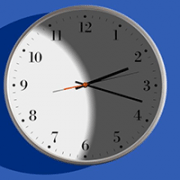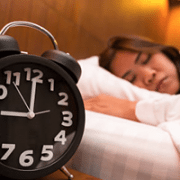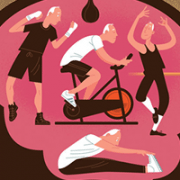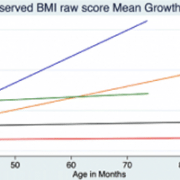Are Night Owls Better Off Changing Their Sleep Patterns to be Healthier?
More than a third of American adults routinely fail to get the seven or more hours of nightly sleep that’s generally recommended for optimal health, the Centers for Disease Control and Prevention said last year. In some cases, biology may be to blame. Everyone has an internal clock, or circadian rhythm, that regulates feelings of sleepiness and wakefulness over a 24-hour cycle. These patterns vary from person to person, however, which is why some people function best in the morning and others seem to have more energy late at night. Those who fall into the “night owl” category—almost 20% of Americans, by some estimates—have a problem in that their internal clocks are out of sync with society’s external ones, which generally favor early start times for school and work.










